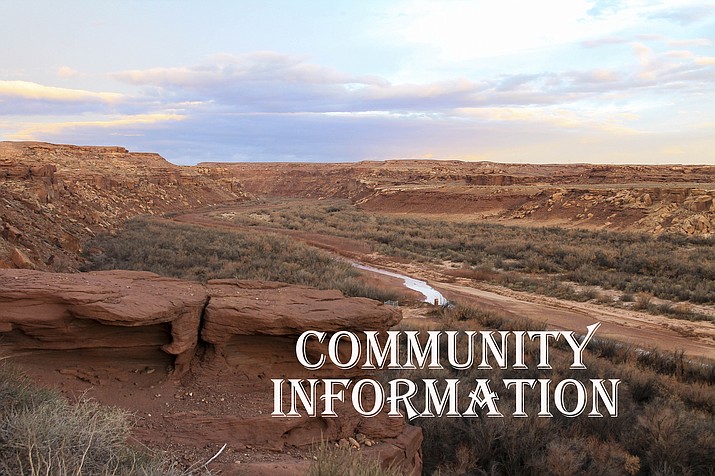Navajo Nation confirms first case of Monkeypox
The Navajo Area IHS reports the first doses of Monkeypox vaccine are expected to arrive to the Navajo Nation this week.
WINDOW ROCK, Ariz. – On Aug.24, the Navajo Nation confirmed its first case of Monkeypox — the individual is a Navajo Nation member who lives in McKinley County in New Mexico.
In July, Navajo Nation President Jonathan Nez established a Monkeypox Preparedness Team tasked with monitoring, planning, and coordinating precautionary efforts to address Monkeypox, which was spreading across the country at the time.
The Navajo Area IHS (Indian Health Service) reports the first doses of Monkeypox vaccine are expected to arrive to the Navajo Nation this week.
“We continue to take a proactive approach to mitigate Monkeypox here on the Navajo Nation, through the establishment of the Monkeypox Preparedness Team that includes our health care experts and by engaging with federal health officials and the White House,” Nez said. “Through these efforts, we’ve been able to secure doses of the Monkeypox vaccines and they will be available to the Navajo people soon. As cases of Monkeypox began to spread across the country and into the southwest, we knew we had to prepare. Just as we saw with COVID-19, it came to a point where every region surrounding the Navajo Nation was affected. Now, we have to listen to our public health experts and adhere to their guidance once again.”
According to a facts sheet issued by the Navajo Department of Health, a person with Monkeypox may take five to 21 days to develop symptoms after exposure and may include a fever, malaise or general feeling of illness, headache, sometimes a sore throat and cough, and lymphadenopathy or enlarged/swollen lymph glands/nodes. Individuals often experience rashes on the face, inside the mouth, and other parts of the body including the genitals in the later stages — this is also when a person is most contagious.
Monkeypox is spread through skin-to-skin contact with infectious rashes, scabs, or bodily fluids, through contact with respiratory secretions, or by touching objects, fabrics, and surfaces that have been used by someone with Monkeypox. It also spread through sexual activity/intercourse, hugging, massaging, kissing, or prolonged face-to-face contact.
The Health Advisory Notice states that if you are sick with Monkeypox, to isolate at home, stay away from other people and pets, and to contact your health care provider for testing, care, and treatment. Vaccinations are recommended for people with close personal contacts of someone with Monkeypox. Contact your primary care physician for further vaccine recommendations.
More information regarding Monkeypox is available by contacting your local health provider and visiting the Centers for Disease Control and Prevention webpage https://www.cdc.gov/poxvirus/monkeypox/ and Navajo Department of Health webpage https://ndoh.navajo-nsn.gov/.
The Navajo Department of Health facts sheet is available at: https://ndoh.navajo-nsn.gov/Portals/0/PDF/NNDOH%20FACT%20SHEET%20Monkeypox.pdf
SUBMIT FEEDBACK
Click Below to:




